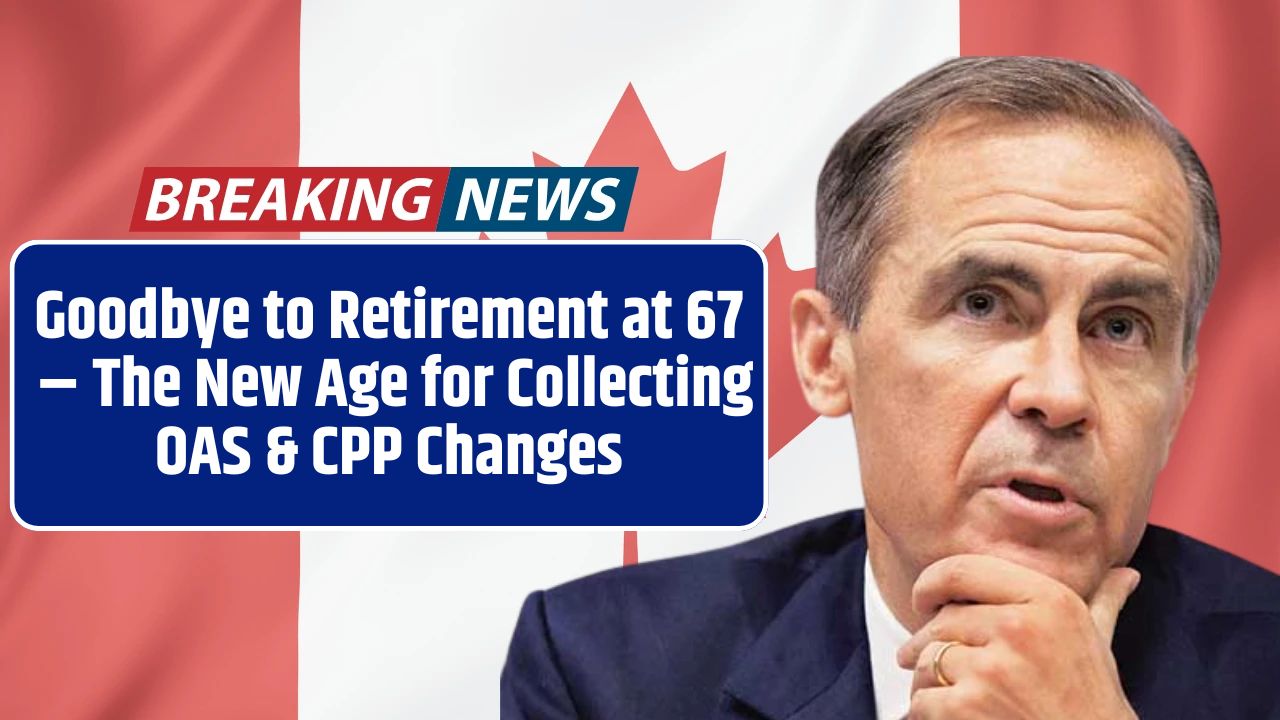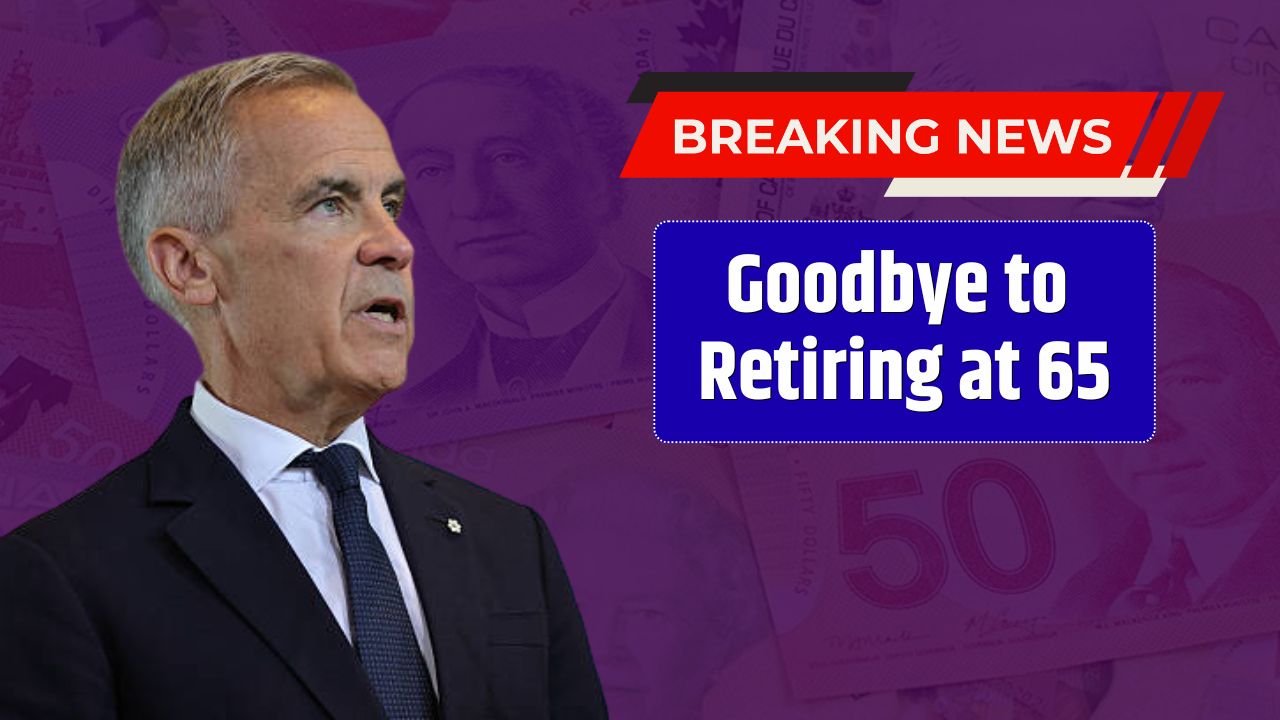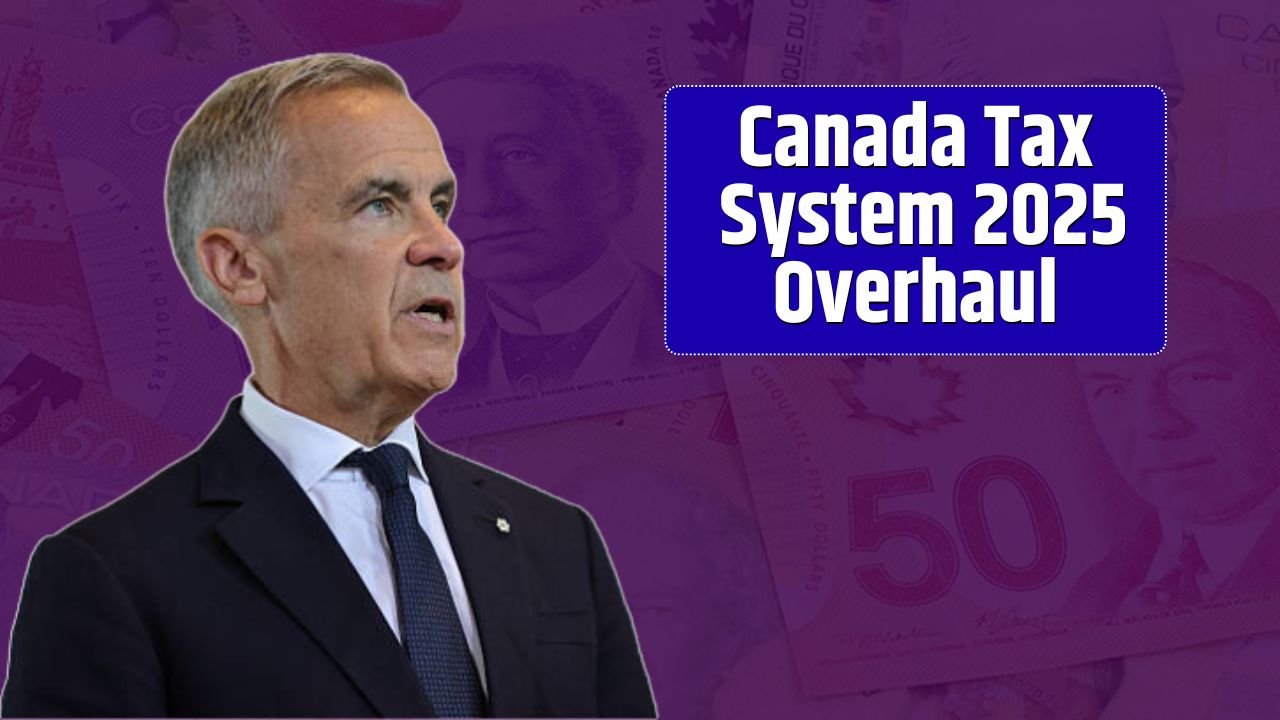A Department for Work and Pensions (DWP) investigation has uncovered a major case of benefits fraud involving a woman who falsely claimed more than £56,000 in Universal Credit while owning her own property.
Sumira Amin, aged 36, told the DWP that she was a single mother living in rented accommodation with her children and had no savings or property. However, records later revealed that she and her partner had purchased a home in 2018, a fact she failed to disclose while claiming benefits between July 2019 and October 2022.
How the Fraud Was Uncovered
According to prosecutor Amy Edwards, Amin’s deceit was uncovered by DWP anti-fraud investigators who cross-referenced her claims with Land Registry records, which confirmed that her name appeared on the property’s mortgage.
Read Also- Canada Tax System 2025 Overhaul – CRA Rule Changes to Affect Every Worker and Pensioner
“She was paid Universal Credit on the basis she was a single parent living in privately rented accommodation… She reported she had no savings or capital interests,” Edwards told the court.
The investigation found that her false declarations allowed her to receive a total of £56,124 in Universal Credit payments over three years.
Defence and Sentencing
Amin’s barrister, Simon Leong, argued that her role in the fraud was influenced by the father of her children, who pressured her into placing her name on the mortgage.
“She is the sole carer of her children. Her children’s father is not a supportive gentleman,” Leong said, suggesting that Amin’s involvement was not driven by greed but coercion.
Judge Paul Lawton noted that Amin was “not the driving force or planning mind” behind the fraud, stating:
“You were put in place and pushed on by somebody else to make these claims. It seems to me you are a woman who needs help at this stage in your life.”
Amin avoided a custodial sentence but was ordered to repay the overpaid funds and complete community service under supervision.
DWP’s Stance on Benefit Fraud
The DWP continues to ramp up its anti-fraud measures in 2025, using new data-matching technology to cross-check property records, banking data, and employment details against benefit claims.
A spokesperson for the DWP reminded claimants:
“Anyone who deliberately provides false information to claim benefits is committing fraud. We have zero tolerance for abuse of the welfare system.”
What Happens If You’re Overpaid by the DWP
If the DWP believes you’ve been overpaid Universal Credit, you’ll receive an official overpayment notice letter.
Here’s what to do if it happens to you:
- Check the details carefully — sometimes overpayments occur due to system errors.
- Request a Mandatory Reconsideration within one month if you believe the DWP’s decision is incorrect.
- Contact your landlord if housing benefit or rent payments were involved, as they might be responsible for repayment.
- Be aware: If the DWP determines the overpayment was your fault, you’ll need to repay it — even if the error was unintentional.
Crackdown on Benefit Fraud in 2025
The government estimates that billions in fraudulent claims have been paid out across Universal Credit, Disability, and Housing Benefit programs in recent years.
As of October 2025, the DWP has expanded its Fraud Prevention Taskforce, allowing closer collaboration with HMRC, banks, and the Home Office to identify suspicious patterns in:
- Multiple benefit claims from the same address
- Unreported income or employment
- Undeclared property ownership or savings
These reforms form part of the government’s “Fighting Fraud in the Welfare System” initiative, which aims to recover £2.6 billion in wrongly paid benefits by 2027.
FAQs:
What happens if you are caught committing benefit fraud?
If the DWP finds evidence of fraud — such as providing false information about income, housing, or savings — you could face repayment demands, fines, loss of benefits, or criminal prosecution. In serious cases, this may lead to a criminal record or prison sentence.
How does the DWP detect benefit fraud?
The DWP uses advanced data-matching systems that cross-check information from the Land Registry, HMRC, banks, local councils, and credit agencies. If inconsistencies are found — such as undisclosed property ownership, employment, or savings — the case may be flagged for investigation.
What should I do if I receive an overpayment letter from the DWP?
First, read the letter carefully and verify the details. If you believe the DWP made a mistake, you can request a Mandatory Reconsideration within one month of receiving the notice. This allows your case to be reviewed before repayment action is taken.






















